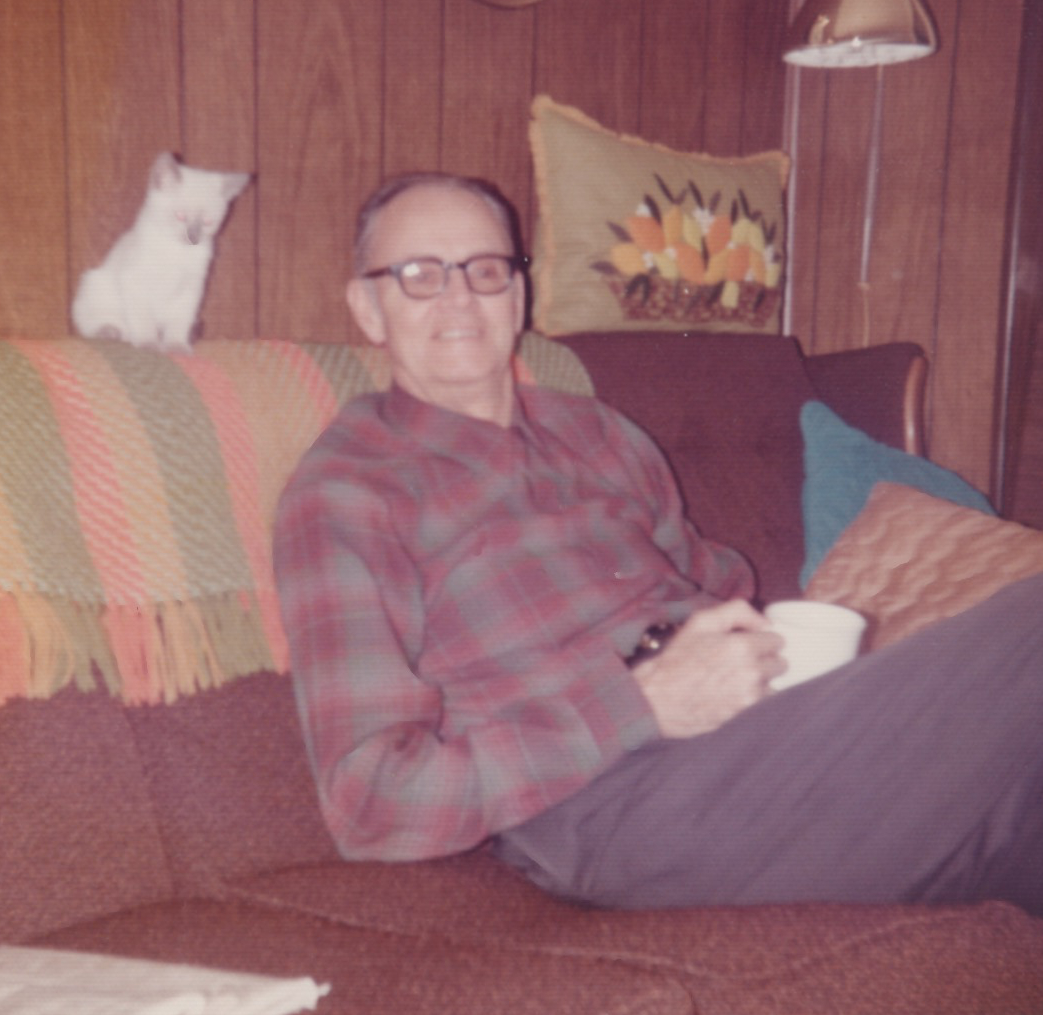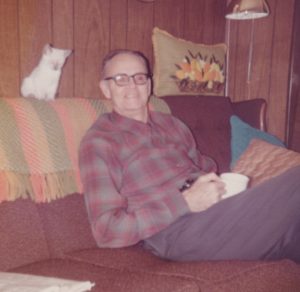Have you ever found yourself dumbstruck by how your words or actions affect someone else?
In the spirit of Tantric Awareness, we recognize that our intentions and the impact they have on others don’t always align. While we may act from a place of care, the way our words or actions are received is shaped by the other person’s experiences, emotions, and interpretations.
You meant well—you were trying to be helpful, supportive, or kind—but the other person experienced it differently. Maybe you’ve heard, “You’re taking it the wrong way!” or “That’s not what I meant at all!”
The good news? Every interaction is an opportunity for deeper understanding and growth. While our intentions come from a place of care, the way our words or actions are received is shaped by the other person’s experiences, emotions, and perspectives. With a little awareness and adjustment, we can bridge the gap and create more fulfilling connections.
When Help Feels Like Love
Maybe you can relate to our scenario. We’re in the car, and I notice Thomas hasn’t changed into the right lane to make a turn. Wanting to help, I gently remind him, “Hey, you’ll need to get over soon.” Instead of appreciation, he says, “I know! I was about to do it.” My intention? To be helpful. The impact? He feels micromanaged. That I don’t trust him.
Or maybe you’ve had a similar experience—like thoughtfully moving wet clothes from the washer to the dryer to help out, only to find out later that you accidentally shrank their favorite sweater. Your intention? Thoughtfulness. The impact? Frustration.
These small moments happen all the time in relationships. A kind gesture, a word of advice, or a well-intended action can sometimes be received differently than we expect. But moments like these don’t have to cause tension. With a little humor and openness, we can learn to navigate them with grace, turning potential frustration into connection.
Turning Misunderstandings Into Opportunities
Think of a baseball pitcher aiming for a strike. That’s their intention. But if they miscalculate and the ball hits the batter, does the batter’s pain disappear just because the pitcher didn’t mean to hit them? Of course not!
But here’s the powerful shift: acknowledging the impact allows us to create healing and connection. Instead of saying, “I didn’t mean to hit you, so it shouldn’t hurt,” we can say, “I’m so sorry—I see that hurt you.”
In relationships, too, we can embrace this mindset, taking responsibility for impact while also staying compassionate with ourselves and each other.
How to Bridge the Gap Between Intention and Impact
Mindful awareness invites us to acknowledge impact without judgment. It means we care enough to listen, learn, and adjust. Here are a few steps to help navigate these moments:
- Listen Closely to Their Experience: Instead of jumping to defend yourself, take a deep breath and genuinely listen. Their feelings are valid whether or not they match your intent.
- Acknowledge Their Feelings: A simple phrase like “I hear that you feel unheard by what I said” can make all the difference. Repeating back their words, verbatim if needed, ensures clarity.
- Validate Their Perspective: Even if you don’t fully understand their reaction, try to empathize. “I can see why that felt that way to you” fosters connection rather than conflict.
- Thank Them for Sharing: It takes courage to express when something doesn’t land well. Appreciating their honesty keeps the lines of communication open.
- Consider Adjusting Your Approach: Ask yourself, Is there something I can shift to align my impact with my intent? Not every moment requires a behavioral change, but if a pattern emerges, small adjustments can make a huge difference.

The Foundation of Trust in Relationships
One of the guiding principles in our 35-year relationship is this: we don’t intentionally hurt each other. That means no name-calling, no physical or emotional aggression, no dishonesty or undermining.
Even in moments of misunderstanding, we trust in each other’s good intentions.
At the heart of it all, love is the underlying intention. Even in moments of misunderstanding, returning to this truth can help us navigate the dissonance between what we meant and how it was received. Love creates the space where trust can deepen, impact can be understood, and relationships can grow stronger.
Questions to Reflect On:
Can you think of a time when your intention didn’t match your impact?
How did you handle it, and what might you do differently next time?
Let’s keep the conversation going—what are your experiences with intention vs. impact? Have you found strategies that help bridge this gap in your relationships?
Through Tantric awareness, we can develop skills that enhance communication, deepen trust, and create more fulfilling connections.
Sara & Thomas




 It wasn’t until five years after our original meeting, when our paths crossed again that I loved how Thomas “met me.” I could be big, strong, passionate, expressive, and he didn’t get small and crumble.
It wasn’t until five years after our original meeting, when our paths crossed again that I loved how Thomas “met me.” I could be big, strong, passionate, expressive, and he didn’t get small and crumble.







